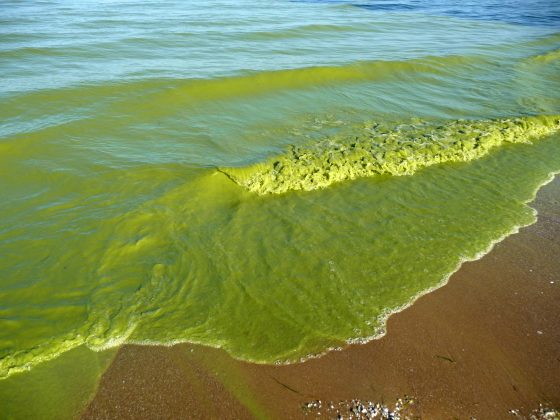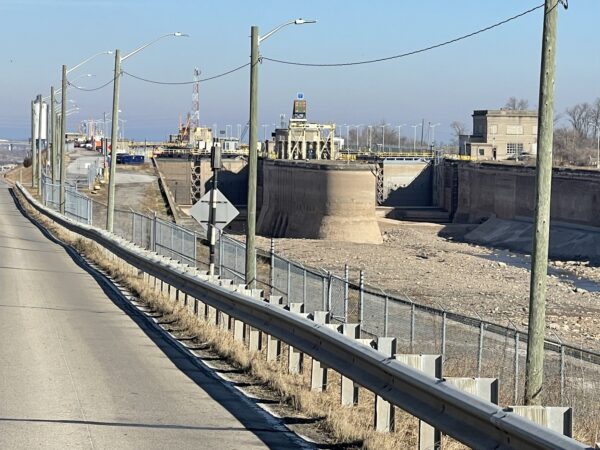
With the peak algae season nearing, pressure is mounting on the federal government and Ohio to be more aggressive in combating nutrient pollution from farms that discharge to Lake Erie.
Last week the Chicago-based Environmental Law and Policy Center (ELPC) filed suit in Ohio alleging that the U.S. Environmental Protection Agency failed to protect Lake Erie by not holding Ohio to its obligations under the Clean Water Act.
Specifically, the suit alleges that U.S. EPA should have disapproved Ohio’s list of officially designated “impaired waters” because western Lake Erie was not included.
“U.S. EPA illegally gave Ohio a pass on its obligation to recognize that harmful algal blooms are impacting more than just a few limited areas of Lake Erie,” said attorney Madeline Fleisher in an ELPC press release. Fleisher is based in Columbus, Ohio.
An impaired designation for a body of water exposes it to increased regulation under the Clean Water Act. While Ohio has declared some near shore areas of Lake Erie impaired, it has not done so for the open waters of the lake.
That’s a decision that Fleisher told Great Lakes Now is “absurd on its face.”
Fleisher says the “Clean Water Act says states have to assess the quality of all the water in their jurisdiction.”
Fleisher told Great Lakes Now that “Ohio EPA has glossed over what’s going on in Lake Erie. It’s U.S. EPA’s role to tell Ohio that’s not ok.”
The ELPC is joined in the suit by Toledo-based Advocates for a Clean Lake Erie. The group’s Michael Ferner said in the press release that “the lake isn’t sort of impaired in a couple places — it’s impaired throughout the western basin.”
Ferner called on public officials to acknowledge it will “take mandatory steps to get Lake Erie back to health.”
Ohio and U.S. EPA officials, including the Obama administration, have been unwilling to pursue an “impaired” designation for Lake Erie or call for mandatory regulation of farmers to reduce the nutrient runoff that causes harmful algae blooms.
Asked if the lawsuit is overdue given Lake Erie’s history with algae problems during the Obama administration, ELPC’s Fleisher said they are focused on the Clean Water Act regardless of who’s in office.
Longtime Lake Erie advocate Sandy Bihn lobbied the U.S. EPA’s Great Lakes office in Chicago during Obama’s tenure but was not able to convince then regional administrator Susan Hedman on the need for an “impaired” designation.
“Through the years she (Hedman) has failed to declare the basin impaired as should be done,” Bihn told WTOL in 2016. Hedman resigned her position as regional EPA administrator after receiving scrutiny for her handling of the Flint water crisis.
This new lawsuit by the Chicago and Toledo groups follows a suit brought by a coalition in April against U.S. EPA for failing to meet its deadline to accept or reject Ohio’s impaired list.
Scientists at the National Oceanic and Atmospheric Administration (NOAA) recently predicted that 2017’s algae bloom could be “significant and harmful” though smaller than the massive 2011 and 2015 blooms. The size of the bloom is not necessarily an indicator of its toxicity according to NOAA.
A U.S. EPA spokesperson in Chicago told Great Lakes Now “it is not appropriate to comment on pending litigation.” The agency has 60 days to respond to the lawsuit.
————————-
For more on the lawsuit and Great Lakes policy check out Gary Wilson’s interview with Kevin Brubaker, Deputy Director of the Environmental Law and Policy Center.




